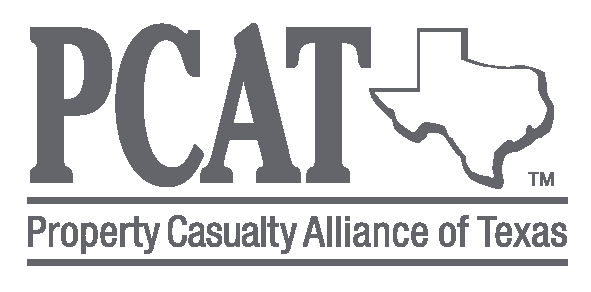Ask Jack: Part One: What Are Signs My Computer Is Hacked?
Computers and other hardware often act weird. Just the other day, I was on a mobile device and the screen went blank and it rebooted…definitely weird, but not necessarily a sign of a hack. There is a lot going on in these devices, and so they will act weird on occasion, but they are really designed to act the same about 99 percent of the time.
Nevertheless, there are some signs that may mean you are a victim of a hack. The first is if "weird" happens day after day. Computers are programmed to not be weird - just do what we command - so if you are surprised regularly by something you did not command, you need to take a look.
Another sign is if you have programs or applications that you know nothing about on your device, especially if they appear to be clandestine. Most of us know what applications or programs we have downloaded. If there is something on your device that does not jog your memory, it is a good idea to ask about it. I would not trash any program or application without seeking advice, however. The program or application you know nothing about may have come with the device and is integral to it. It may have been placed by your employer on the device, so trashing a program or application without asking is not wise.
The final takeaway for Part One is pop-ups are not just annoying, but a sign of a possible hack. If you keep getting random pop-ups no matter the website you are visiting or if you are not on the Internet and you get pop-ups, then you may have malware. Computers and programs are not designed with pop-ups that are unrelated to the machine or software. If you get the same pop-ups no matter what you are doing, you could have a malware problem, most likely adware.
You can read more articles like the one above by going to PCAT University. Click the link below to learn more:
About
Jack McCalmon, Leslie Zieren, and Emily Brodzinski are attorneys with more than 50 years combined experience assisting employers in lowering their risk, including answering questions, like the one above, through the McCalmon Group's Best Practices Help Line. The Best Practice Help Line is a service of The McCalmon Group, Inc. Your organization may have access to The Best Practice Help Line or a similar service from another provider at no cost to you or at a discount. For questions about The Best Practice Help Line or what similar services are available to you via this Platform, call 888.712.7667.If you have a question that you would like Jack McCalmon, Leslie Zieren, or Emily Brodzinski to consider for this column, please submit it to ask@mccalmon.com. Please note that The McCalmon Group cannot guarantee that your question will be answered. Answers are based on generally accepted risk management best practices. They are not, and should not be considered, legal advice. If you need an answer immediately or desire legal advice, please call your local legal counsel.